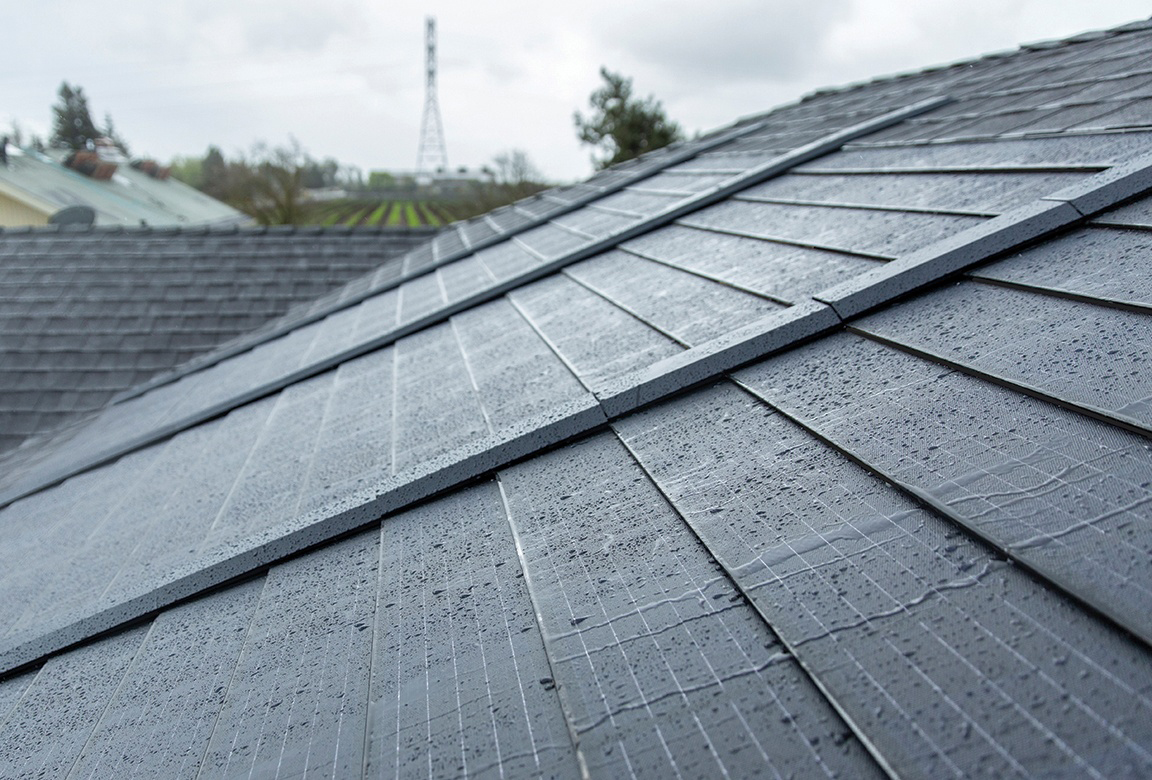Booming Austin suburb Georgetown is gaining another corporate headquarters as GAF Energy, a solar roofing company, relocates from the California Bay Area.
The move will result in the closure of the company’s facility in San Jose, Calif., and the layoffs of 138 employees. It told the California Employment Development Department the moves are expected to be permanent.
“This decision was not taken lightly,” GAF Energy President Martin DeBono said in a statement. “In light of ongoing changes in the solar industry, we are aligning our business and our team to focus on key markets where solar is most compelling for builders and homeowners. We are deeply grateful for our employees in San Jose and are committed to assisting those impacted through this transition.”
The company specializes in producing solar shingles as opposed to traditionally mounted solar panels. It has operated its San Jose site since 2021.
GAF Energy is a subsidiary of Standard Industries, the manufacturing conglomerate that owns roofing producer GAF. The company has marketed its solar shingles as a simpler alternative to traditional rooftop panels, promising cleaner aesthetics and easier installation.
The move to Georgetown isn’t without benefits for the company.
At that time, the company said it planned to hire 265 employees in high-tech jobs over the next 10 years. The total capital investment for the project was estimated to be over $100 million.
It highlights a continuing trend of companies moving from California’s Silicon Valley to business-friendly Texas. Earlier this month, ABBYY, a Milpitas-based tech company specializing in document data processing, announced its headquarters relocation to Austin. ABBYY’s leadership cited Austin’s rich tech ecosystem and proximity to major names like Apple Inc., Tesla Inc., and Google as key reasons for their decision.
Tesla, under CEO Elon Musk, remains a standout example of Central Texas’ increasing draw. In 2021, the company moved its headquarters to the Lone Star State, later opening its massive Gigafactory Texas just outside Austin. Musk also moved the headquarters of social media platform X to the region, further embedding his presence in the local economy.
In July, federal policy changes accelerated the expiration of the 30% residential solar tax credit, moving its end date to December 31 from 2034. The change has added urgency for companies in the renewable energy sector to adapt their strategies and focus on key growth markets.
GAF Energy’s decision is likely influenced by Texas’ booming housing market as much as its business-friendly environment. In 2024, the state accounted for 15% of all U.S. housing permits, driving demand for new construction and roof replacements, ideal for the company’s solar-integrated products, according to data from Realtor.com.
While Texas legislators in 2025 considered increasing regulations on renewable energy, measures such as SB 819 and SB 388 did not pass after receiving pushback from renewable energy advocates and some businesses. The state remains the leading producer of wind energy in the United States and continues to see significant investments in solar and battery storage projects.

